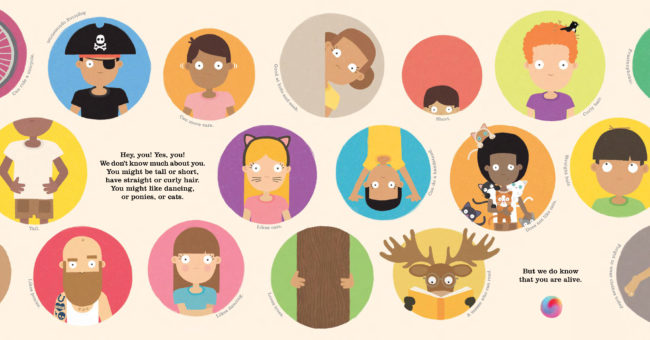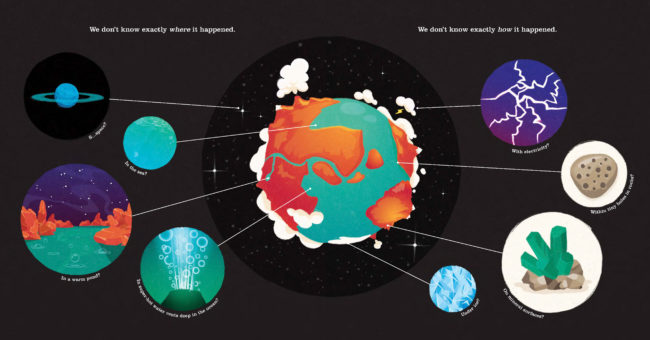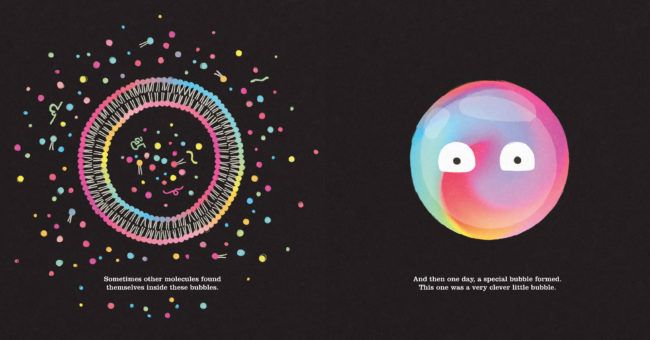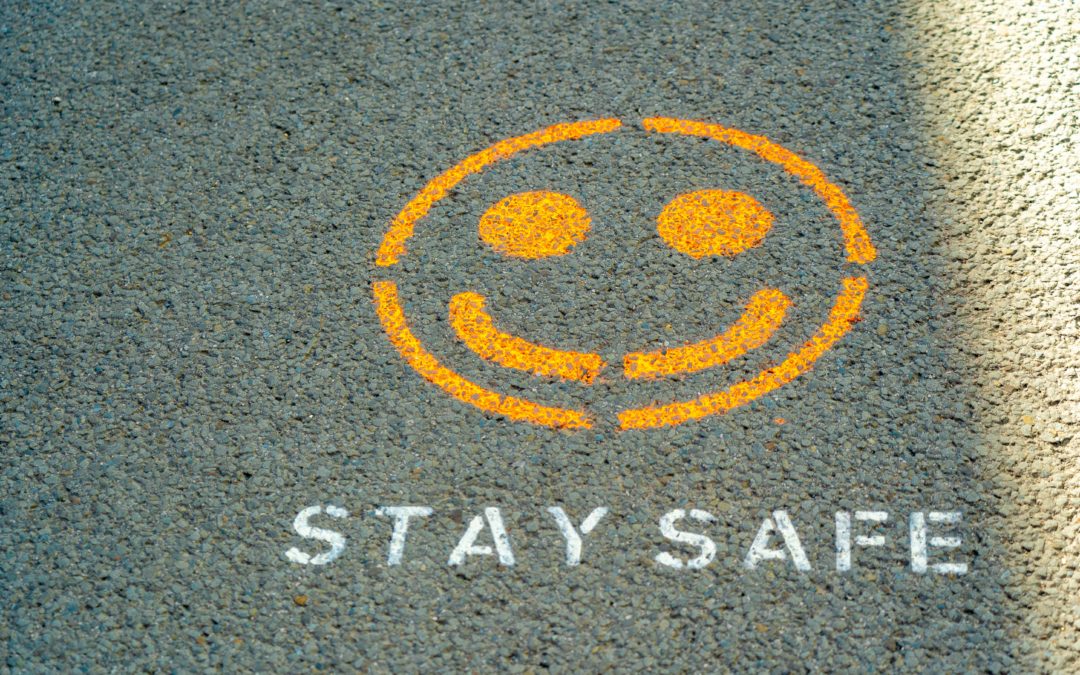Creative dad Idan Ben-Barak, author of Do Not Lick This Book and the brand new We Go Way Back, fits creative writing around raising his kids and a full-time job. Inspired, we had him in for a chat at Dad.info HQ.

How do you find time to write round the kids and the day job?
It’s not easy. I asked to go down to four days a week at my job so I could find time to write. I supplement that with some weekend nights and hope for the best.
Are your kids your first readers? What do they think of your books?
They are, and on several occasions they’ve had really important things to contribute. There was even one time when I asked my older kid if he had anything to help me with something I was stuck on; he came through and got paid for his effort, because in this house, writers get paid!
My kids usually find the books funny and interesting. The problem is, they’re now growing out of the picture-book age bracket, so I’ll have to either find other people’s kids to bother, or start writing middle grade books….
What makes a great story for children, and does being a dad give you a unique perspective?
I wish I knew… I’m not a natural storyteller, and I write non-fiction, so the main focus for me is finding something that might get a child to look at the world in a different way. I want to get a ‘whoa’ reaction. I look for an approach that would make sense to a child – start out with the basic weirdness of life, connect it to a child’s experience, make it interactive if possible, and respect the young reader’s intelligence and sense of fun.
How do you spark curiosity in children?

I reckon curiosity is (at least partially) a learned skill. A child who has people around them asking ‘why?’, pointing out interesting things, and being curious, has a good chance of being curious themselves. The subject matter can be whatever you’re interested in yourself – talk to your kid about the financial market, AI, motorcycle repair, football, anything will do – as long as they see that spark in you.
I might be wrong though. What does spark curiosity? Hmmm, interesting question….
Why is an understanding of science important for children?
So they don’t grow up to be witless fools who believe in whatever conspiracy feeds their self-image.
What if I as a parent don’t feel confident/comfortable with science – what should I do?
‘Science’ is an oft-misused term. Most of us today use it to refer to a body of knowledge. Or to a network of professionals and academics. It’s daunting if you think of it that way. But at its heart, science is a way of thinking about the world – thinking critically, preferring evidence to wishful thinking, being open to other interpretations, that sort of stuff. And science is all about being wrong and experimenting anyway – anyone who feels confident or comfortable about science is probably doing it wrong. You don’t need to be an expert to talk to your child about rainbows or try to make a potato battery or a build better paper plane – just have a go, and then later you can both look up where you messed up and why.
What have books got to offer children in the digital age?

Books have had many centuries to develop a good user interface. They’re remarkably nice to read. The last couple of decades have shown that despite the rise of e-readers and video, print books have maintained their own niche in the ecosystem.
For me as a writer, that means that if I have an idea, the first question I ask myself is ‘why should this be a book?’.In some cases, the answer is that the idea might be better served by making an animation or a video or a social media post, etc., in which case I move on to the next idea.
A good children’s book uses the strengths of the format – the fact that it’s a physical object*, the way a reader moves through a book, the fact that you turn the pages, the visual impact of a full-sized book, the fact that the reader sets the pace, can backtrack or re-read, and more. All of these can come into play.
* Julian and I really went all-in on that aspect when making ‘Do Not Lick This Book’.
What were your favourite books as kids, and why?
I read basically everything that came my way. Particular favourites tended to be either boys’-own-type adventure stories, classic British fare like the Pooh books, and later, a fair amount of science fiction. Since I grew up nowhere near Britain, outer space and Ashdown Forest both seemed similarly alien to me.
We Go Way Back is a joy to read, our 6 year old enjoyed the colourful and quirky pictures which sparked her curiosity about what life is and how we evolved.
Thanks for sharing it with us at Dad.info.









